Resources
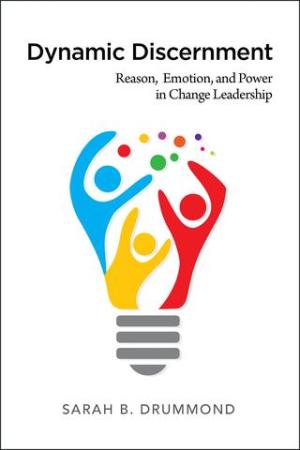
In order to fulfill their missions, institutions sometimes have to change. Leaders guiding communities through such moments or eras need instructional resources, and we do them a disservice when we oversimplify the work of change leadership. “Ten Easy Solutions” do not exist, and suggesting they do causes leaders to feel discouraged, like there must be something wrong with them when they fear, falter, or fail. Change leadership is hard, sometimes even painful, but it is not impossible when approached with appreciation for complexity and a broad repertoire. Dynamic Discernment: Reason, Emotion, and Power in Change Leadership chops through the thicket of change dynamics, opening up three different pathways: • Reason, where change leaders educate their communities and plot out concrete actions; • Emotion, where leaders manage the reactivity that change can incite in a separate-yet-connected style of engagement; and • Power, where leaders take seriously the ways in which grass-roots and top-down forms of authority can find common ground. Sarah Drummond has experienced change leadership firsthand in numerous contexts, and this book uses abundant illustrations and examples, but Dynamic Discernment is best understood as a new and multidisciplinary theory of change. Although aimed at religious leaders, any who serve a mission-driven institution will find resonance. The book provides guidance for (1) recognizing the dominant dynamic at work in a community experiencing change and (2) choosing leadership practices accordingly. (From the Publisher)
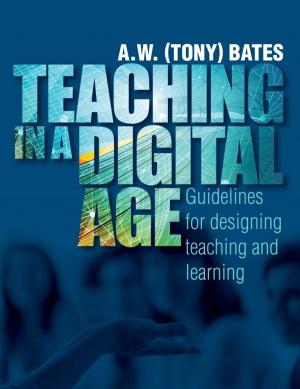
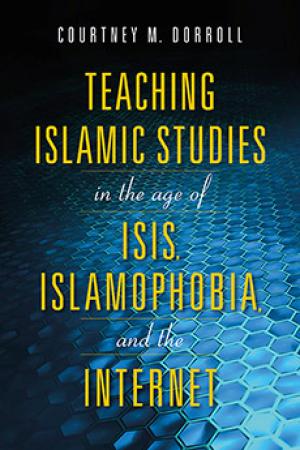
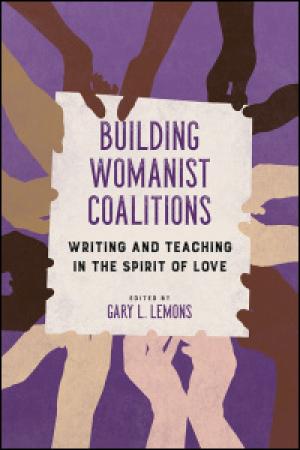
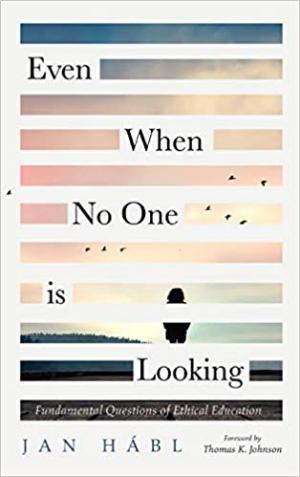
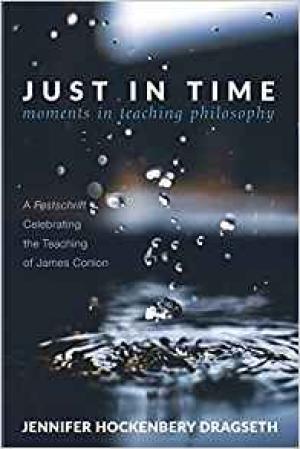
This book is a collection of serious philosophical essays that aim to awaken readers, teachers, and students to a desire for conversation passionately pursued. The essays in this volume speak about sex, movies, poetry, and politics, in short, about those things contemporary Americans passionately discuss. These are the subjects that were taught for forty-three years in James Conlon’s classroom at Mount Mary University, a Catholic urban university for women in Milwaukee, Wisconsin. This volume celebrates Conlon’s work while calling to all who continue to teach and learn about philosophy in contemporary times with the message that relevant philosophy deals with life as it is lived in the moment. (From the Publisher)
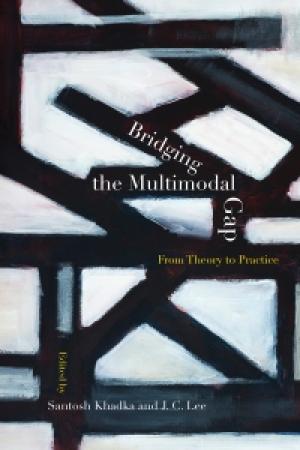
Bridging the Multimodal Gap addresses multimodality scholarship and its use in the composition classroom. Despite scholars’ interest in their students’ multiple literacies, multimodal composition is far from the norm in most writing classes. Essays explore how multimodality can be implemented in courses and narrow the gap between those who regularly engage in this instruction and those who are still considering its scholarly and pedagogical value. After an introductory section reviewing the theory literature, chapters present research on implementing multimodal composition in diverse contexts. Contributors address starter subjects like using comics, blogs, or multimodal journals; more ambitious topics such as multimodal assignments in online instruction or digital story telling; and complex issues like assessment, transfer, and rhetorical awareness. Bridging the Multimodal Gap translates theory into practice and will encourage teachers, including WPAs, TAs, and contingent faculty, to experiment with multiple modes of communication in their projects. (From the Publisher)
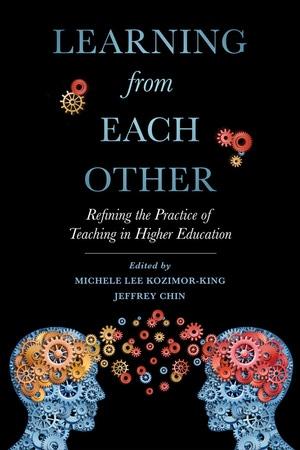
Click Here for Book Review Instructors interested in SOTL will appreciate the wide range of practical pedagogical strategies presented in this book. - Bernadette McNary-Zak, Rhodes College Learning from Each Other includes 20 original chapters written by well-known experts in the field of teaching and learning. Conceived for both new and experienced faculty at community colleges, four-year institutions, and research-intensive universities, the volume also addresses the interests of faculty and graduate students in programs designed to prepare future faculty and campus individuals responsible for faculty professional development. With the aim of cultivating engagement amongst students and deepening their understanding of the content, topics covered in this edited volume include: - employing the science of learning in a social science context - understanding the effects of a flipped classroom on student success - pedagogical techniques to create a community of inquiry in online learning environments - the risks and rewards of co-teaching - reaching and teaching "non-traditional" students -f acilitating learning and leadership in student team projects - connecting students with the community through research - issues of assessment, including backward design, developing and using rubrics, and defining and implementing the scholarship of teaching and learning Through Learning from Each Other, all faculty who care about their teaching, but especially faculty in the social sciences, can successfully employ curricular innovations, classroom techniques, and advances in assessment to create better learning environments for their students. (From the Publisher)
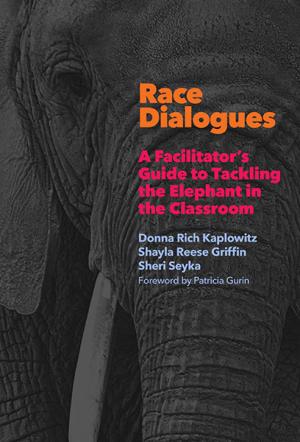
All too often, race discourse in the United States devolves into shouting matches, silence, or violence, all of which are mirrored in today’s classrooms. This book will help individuals develop the skills needed to facilitate difficult dialogues across race in high school and college classrooms, in teacher professional learning communities, and beyond. The authors codify best practices in race dialogue facilitation by drawing on decades of research and examples from their own practices. They share their mistakes and hard-earned lessons to help readers avoid common pitfalls. Through their concrete lesson plans and hands-on material, both experienced and novice facilitators can immediately use this inclusive and wide-ranging curriculum in a variety of classrooms, work spaces, and organizations with diverse participants. (From the Publisher)
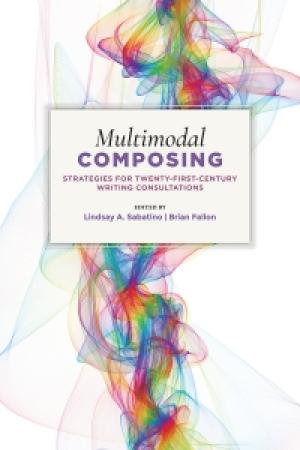
Multimodal Composing provides strategies for writing center directors and consultants working with writers whose texts are visual, technological, creative, and performative—texts they may be unaccustomed to reading, producing, or tutoring. This book is a focused conversation on how rhetorical, design, and multimodal principles inform consultation strategies, especially when working with genres that are less familiar or traditional. Multimodal Composing explores the relationship between rhetorical choices, design thinking, accessibility, and technological awareness in the writing center. Each chapter deepens consultants’ understanding of multimodal composing by introducing them to important features and practices in a variety of multimodal texts. The chapters’ activities provide consultants with an experience that familiarizes them with design thinking and multimodal projects, and a companion website (www.multimodalwritingcenter.org) offers access to additional resources that are difficult to reproduce in print (and includes updated links to resources and tools). Multimodal projects are becoming the norm across disciplines, and writers expect consultants to have a working knowledge of how to answer their questions. Multimodal Composing introduces consultants to key elements in design, technology, audio, and visual media and explains how these elements relate to the rhetorical and expressive nature of written, visual, and spoken communication. Peer, graduate student, professional tutors and writing center directors will benefit from the activities and strategies presented in this guide. (From the Publisher)